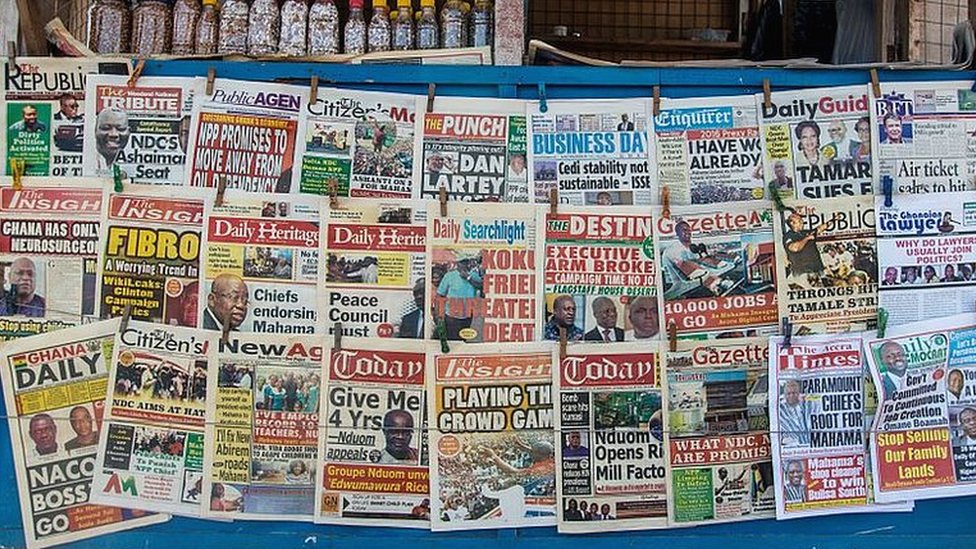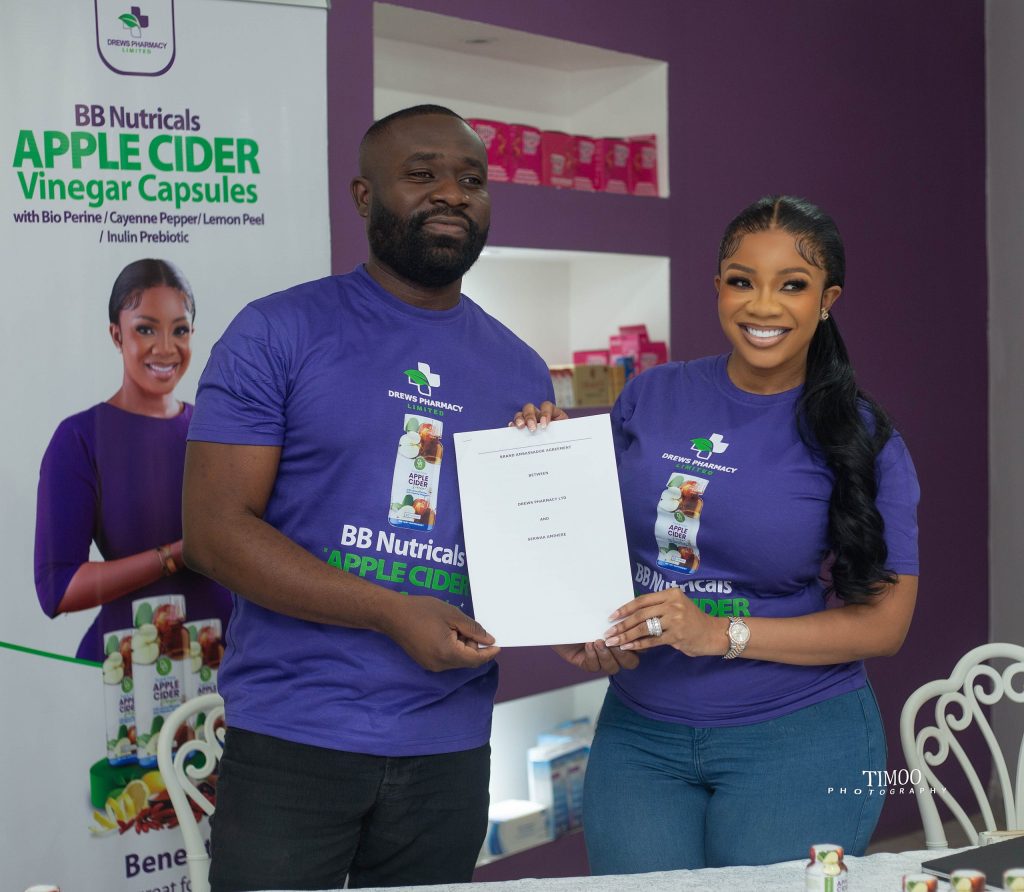Ghana’s media landscape has been a beacon of progress and freedom in West Africa, particularly since the 1992 constitution enshrined media freedom as a fundamental right.
The country has since created a vibrant media environment, with journalists actively engaging in exposing corruption, highlighting societal issues, and demanding accountability from those in power.
However, beneath the surface lies a complex array of challenges that threaten journalistic integrity in Ghana, especially with the onset of the digital age.
New Media
The proliferation of media outlets, especially in the digital realm, has created a diverse but fragmented media environment.
According to the National Communications Authority (NCA), as of the fourth quarter of 2023, there were 125 authorised television stations and 550 authorised FM broadcasting stations.

This expansion has not only changed the face of media in Ghana but also introduced new challenges, such as the struggle for financial sustainability, political influence, and the maintenance of professional standards as media houses jostle for attention from the populace.
The Politicisation of Media
The excessive politicization of media houses, coupled with commercial pressures, has raised concerns about the media’s ability to perform its expected responsibilities.
The state-owned newspapers, Daily Graphic and Ghanaian Times, continue to dominate the print media sector, while a growing number of politically-affiliated newspapers are making significant inroads.

In the broadcasting sector, private radio and television stations lead in audience share, but this also brings into question the balance of content and the potential for partisan reporting.
Falling Standards?
The expansion of the Ghanaian media landscape, while offering a variety of voices and perspectives, has also led to concerns about the accuracy and reliability of the information being disseminated to the public.
..out of the 259 expert interviews on the (radio) shows, only 30 were women representing 5.37%.
A study by the Reuters Institute for the Study of Journalism highlighted the ethical challenges within the Ghanaian media, noting that the rapid growth of media outlets has not always been accompanied by adherence to journalistic standards.
The research pointed out that some journalists and newspapers have been criticized for unethical practices, such as failing to maintain objectivity, not cross-checking facts, and blurring the lines between fact and commentary.
The implications of these practices are far-reaching. Inaccuracies in media reporting can undermine public trust, distort democratic processes, and impede national development. The media's role as a watchdog and a platform for informed debate is compromised when facts are not thoroughly verified and when reporting is influenced by political affiliations.
While digital platforms offer new opportunities for content creation and dissemination, they also present challenges such as unethical practices, misinformation, and the need for digital literacy among journalists and the public alike.
Representation and Diversity
The Ghanaian media landscape is also suffering from a lack of diversity and representation, especially on radio.
A survey was conducted which involved daily monitoring of four selected radio programs in Ghana during the third week of each month from February to May 2023.
In the study from the third week of February, a total of 291 general interviews and 259 expert interviews were conducted, and found that out of the 259 expert interviews on the shows, only 30 were women representing 5.37%.
Blurred Lines between Journalism and Influencer Marketing
The trend of Influencer marketing is slowly growing in the media industry with notable media personalities signing brand deals with companies.
Some of these endorsements may compromise the media personality’s credibility, integrity, and independence as a journalist (if they’re in that field). It may also mislead the audience or consumers who may not be aware of the relationship between the media personality and the brand.

According to the Ghana Journalists Association (GJA) Code of Ethics, media professionals should avoid any situation that may create a conflict of interest or compromise their independence and impartiality. They should also disclose any personal or financial interest that may affect their reporting or commentary.
However, the GJA Code of Ethics does not explicitly address the issue of influencer marketing and how it affects media professionals. This leaves a gap in the ethical guidance and regulation of this emerging phenomenon. Moreover, the GJA Code of Ethics is not legally binding and relies on the voluntary compliance and self-regulation of media professionals.
Digital Media and Sensationalism
The legal and economic hazards that media houses face have been compounded by the advent of digital media. While digital platforms offer new opportunities for content creation and dissemination, they also present challenges such as unethical practices, misinformation, and the need for digital literacy among journalists and the public alike.
In our article on sensationalism in the media space, we looked at the rise of monetisation on some digital media platforms which has created an environment of "mining" for impressions and engagements with the end goal of generating income from content that tends to sometimes be "untrue" and sensational.
What Happens Next
The achievements of a free and dynamic media environment are undeniable, yet the current challenges call for a concerted effort to ensure ethical standards and promote a media ecosystem that serves the public interest without succumbing to political or commercial pressures.
It is imperative for all stakeholders, including the government, media professionals, and civil society, to collaborate in addressing these issues and safeguarding the future of media freedom and professionalism in Ghana.
Catch up on news and other tidbits on our WhatsApp Community Page, Twitter/X, and subscribe to our weekly newsletter to ensure you don’t miss out on any news.










